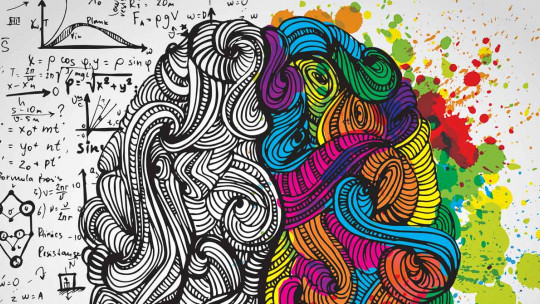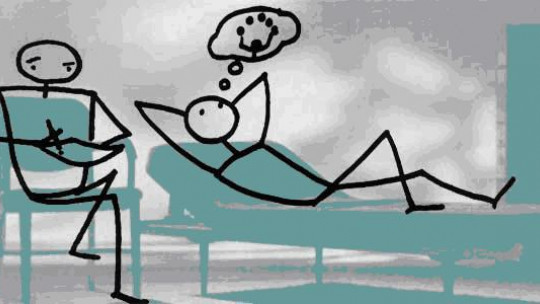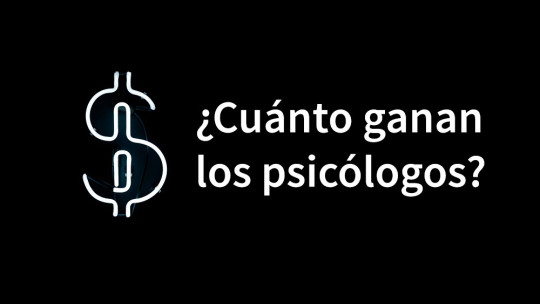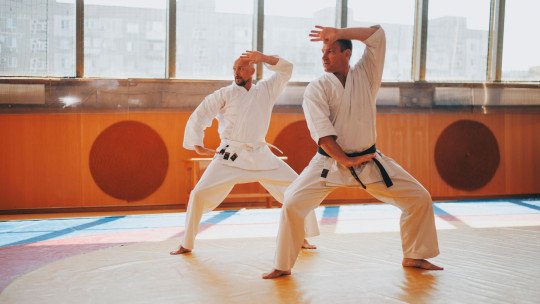
The scope of psychology goes beyond prevention when it comes to balance and mental health, but When our search is aimed at finding tools that make our lives healthier and more serene, we should not discard other disciplines that have thousands of years of tradition
Thinking about reaching a specific audience such as the work environment, clinical psychology may not be the best option since addressing private issues in an area that is not one’s own, the office, where the privacy and individuality of each person are condition, would destroy part of its essence, it is then when we can rescue ancient but innovative resources to improve our quality of life, reduce stress, promote inner peace and self-knowledge.
How are martial arts related to mental health?
Martial arts, with their ancient roots in China, offer a rich history spanning thousands of years Kung Fu, a renowned style born within the walls of the Shaolin Temple, stands out for its impressive mix of acrobatic movements, elegant postures and masterful punching and kicking techniques. On the other hand, its more serene variant, Tai Chi Chuan, is characterized by its focus on health and dynamic meditation, using soft and fluid movements to balance body and mind.
Both psychology and kung Fu share a common mission: the search for mental well-being and internal balance. These disciplines complement each other in an amazing way. Kung Fu provides physical and practical tools that contribute significantly to mental health, while psychology provides the knowledge and understanding necessary to maximize these benefits. Together, they create a comprehensive approach to improving mental health, where the body and mind consciously collaborate to promote harmony and well-being.
This synergy is not limited to the individual level; It also translates into a positive impact on companies. Dedicating at least one hour a week to calm the mind and connect intimately with the body can offer countless benefits that far surpass motivational talks loaded with encouraging words The lived experience of this connection transcends words and nourishes both personal well-being and the work environment, creating a healthier and more productive environment for everyone involved.
Martial arts practitioners learn to control their emotions in high-stress situations. In the office, part of the time is also dedicated to developing emotional self-control and offering strategies to learn to manage emotions such as anger in a healthy way. Learning about our strengths and weaknesses, both physical and mental, is a key component of therapy and personal growth, allowing us to go beyond prepared answers for job interviews.
Resilience and the ability to overcome obstacles, both physical and mental, are common in martial arts psychoprophylaxis provides tools to overcome trauma and emotional difficulties that, together with breathing exercises and relaxation techniques, contribute to reducing stress and improving mental and emotional health.
Kung Fu, like any sports practice, encourages self-discipline, perseverance and perseverance through constant practice. Psychological therapy trains that part of us that seeks to acquire a routine of self-knowledge and inner exploration.
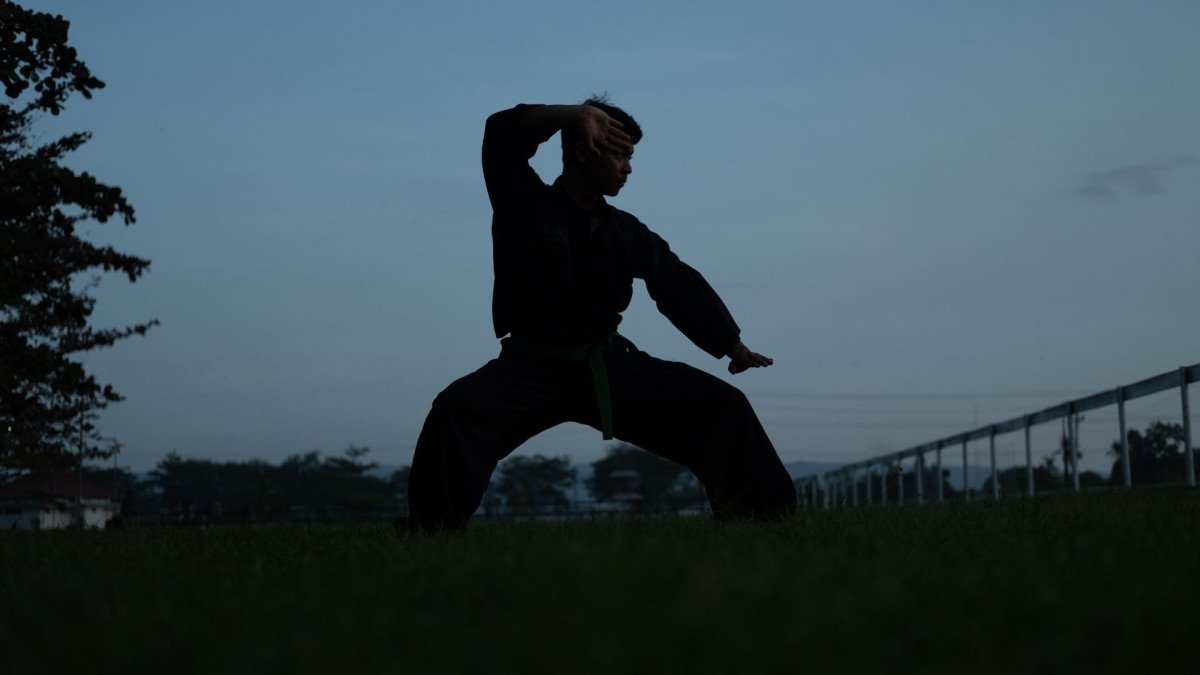
Incorporation into the business environment
In summary, although martial arts and psychology seem like different disciplines, they share aspects related to personal development, emotional control, mindfulness and resilience. The practice of Kung Fu can have significant psychological benefits, and psychological principles can be applied to improve the performance and well-being of practitioners The interaction between these two areas can be enriching for both the mind and the body.
Incorporating these techniques into the business environment has an additional benefit: the reduction of negative thoughts. Breathing exercises, meditation and fluid movements help reduce stress and anxiety, which is particularly valuable in a business environment with high demands and constant pressures. In addition, constant attention and concentration on movements and techniques improve attention span and mental clarity, which is useful when making decisions.
Efficient energy management, typical of martial techniques, translates into greater physical and mental resistance at work, allowing people to stay alert and productive throughout the day As practitioners advance in their training and overcome physical and mental challenges, they gain self-confidence, which can be reflected in a greater sense of self-efficacy and self-esteem. Practitioners learn to set goals, stick to a training schedule, and follow a code of conduct. These self-regulation skills can be applied to time management and productivity at work.
A personal observation is that group practice within martial arts encourages building a sense of community. This can help people develop social skills and improve the ability to work as a team in the business environment. Collaboration and mutual support in practice create a special bond based on empathy and solidarity, regardless of age or physical appearance.
Ultimately, Kung Fu not only promotes physical health, but can also have a positive impact by reducing prejudices, generating empathy and collaboration, developing concentration, strengthening confidence and self-esteem In this way and in the community experience it is possible to improve interpersonal relationships.
Including new tools that allow us to address mental and physical health and problem solving from a practical and experiential perspective is a tempting approach that allows us to fully enjoy our working hours and promote well-being. In short, the value of practicing martial arts like Kung Fu goes beyond physical skill and self-defense.
These disciplines promote a journey of self-knowledge, mental and physical balance, and the development of skills that transcend the tatami. On both a personal and business level, incorporating the philosophy and practice of martial arts can be a powerful tool to cultivate resilience, focus, and self-confidence.
By investing in these practices, we not only strengthen our health, but we also create a more harmonious and productive work environment, where conflict management and personal growth are encouraged Ultimately, integrating Kung Fu and other martial arts into our lives is a path to better balance and success both personally and professionally.


